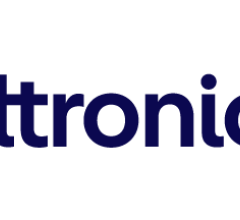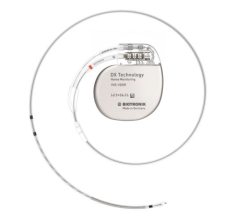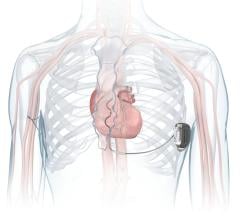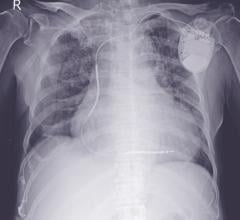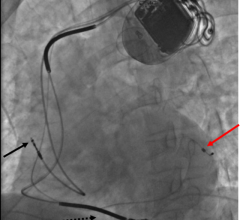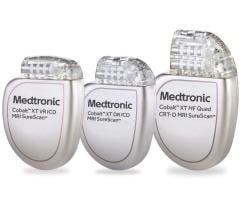May 21, 2008 - More than half of patients primarily receive information about device recalls from the media and not from their cardiologist, said two studies on patient perspectives on device recalls presented at Heart Rhythm 2008, the Heart Rhythm Society’s 29th Annual Scientific Sessions.
This is despite the fact that nearly 80 percent of patients said they prefer to receive cardiac device recall information directly from their cardiologist, the studies reported.
The first of the two patient studies examined the impact of device recalls on patient perception and quality of life. The study, which followed 61 randomly selected patients at the University of Maryland and the VA Baltimore, specifically examined recall information sources, actual patient awareness of recent recalls and psychological effects of the recall.
Specific findings revealed:
* Recall Information Sources: 24 percent of patients received recall information from their treating physicians and 51 percent received information from media sources. The survey also found that despite extensive information campaigns 18 percent of patients were not aware of recent recalls at all.
* Recall Information Source Preferences: 79 percent preferred to receive recall information from their cardiologist, while 14 percent cited the manufacturer as their preferred source. Only two percent preferred the media as their primary source.
* Psychological Effects: When asked about the effects of recalls on their quality of life, more than half indicated that they would be very worried if their device was recalled and 16 percent felt more nervous and anxious since the recent recalls have occurred.
“The latest recalls have put a great deal of focus on technical criteria and appropriate physician actions, however, very little is known about the perspective of those the recalls affect the most — the patients,” said the study’s lead author Timm-Michael Dickfeld, M.D., Ph.D., director of electrophysiology at the VA Baltimore and Assistant Professor at the University of Maryland. “These findings show that there are significant discrepancies between patient expectations and their actual education in regards to device performance issues.”
While many patients feel they have received enough education about the possibility of a device recall or malfunction, a second patient study conducted by researchers at the University of Oklahoma found that most do not have an adequate understanding of device performance and the likelihood of a recall. Results also showed that language used to describe performance issues can have a direct impact on a patient’s level of concern and overall state-of-mind. The study is the first to explore patient understanding of and reaction to regulatory language used when a device recall occurs.
Researchers analyzed patient understanding of current terminology and how their opinions change when the term “device recall” is replaced with “safety advisory.” The study, which surveyed 165 randomly selected patients, showed that changing the language describing a recall could adequately alert patients to device performance issues, but reduce the number of patients who insist on potentially unnecessary device replacement by 50 percent.
“Until now there has been a lack of objective data to support changing recall terminology. However, this study shows a direct link between the language used to address device performance and patient actions and perceptions,” said Christina M. Murray, M.D., lead author and cardiology fellow-in-training at the University of Oklahoma. “Better strategies for patient information need to be developed and implemented to help correct these inconsistencies and ensure proper education takes place.”
For more information: www.hrsonline.org


 January 13, 2026
January 13, 2026 

